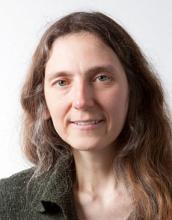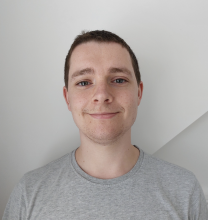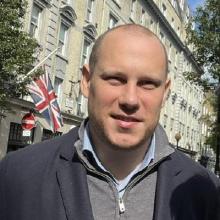Abstract
The future of computing promises to be revolutionary. This panel dives into cutting-edge advancements that will redefine how we interact with technology. We'll explore groundbreaking concepts and discuss their potential to transform our world.
Speaker

Julia Lawall
Senior Scientist @INRIA
Julia Lawall is a senior researcher at Inria Paris. Prior to joining Inria, she completed a PhD at Indiana University and was on the faculty at the University of Copenhagen. Her work focuses on issues around the correctness and performance of operating systems. She develops and maintains the Coccinelle program transformation system that has been extensively used on Linux kernel code, and has recently begun investigating the performance impact of the Linux kernel scheduler, as well as exploring formal verification of scheduler properties.
Speaker

Matt Fleming
CTO @Nyrkiö, Former Linux Kernel Maintainer @Intel and @SUSE
Matt is the co-founder and CTO of Nyrkiö, a company that wants to arm every developer with the tools to understand the performance of their code. He has spent over 15 years working on low-level, high-performance systems and was previously the maintainer for the Linux kernel EFI subsystem while at Intel and SUSE. Most recently, Matt has focused on the performance of distributed systems and databases including leading a globally distributed team of engineers that contributed significant performance changes to the Apache Cassandra 5.0 release. He has co-authored papers on performance change detection and distributed systems testing and served on the ACM/SPEC ICPE program committee. Matt can often be found on Twitter, discussing topics such as software performance, benchmarking and statistics.
Find Matt Fleming at:
Speaker

Joe Rowell
Founding Engineer @poolside.ai, Low-Level Performance Engineer, Cryptographer and PhD Candidate @RHUL
Joe Rowell is a Founding Engineer at poolside. Prior to joining poolside, Joe studied for a PhD in Cryptography at Royal Holloway, University of London under Martin Albrecht. Joe's work focuses on efficiency at all layers of the software stack from both theoretical and practical angles.





